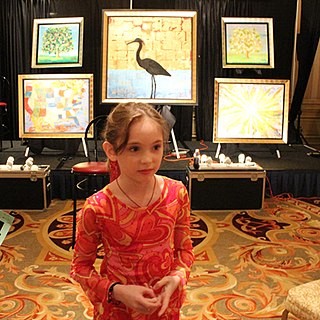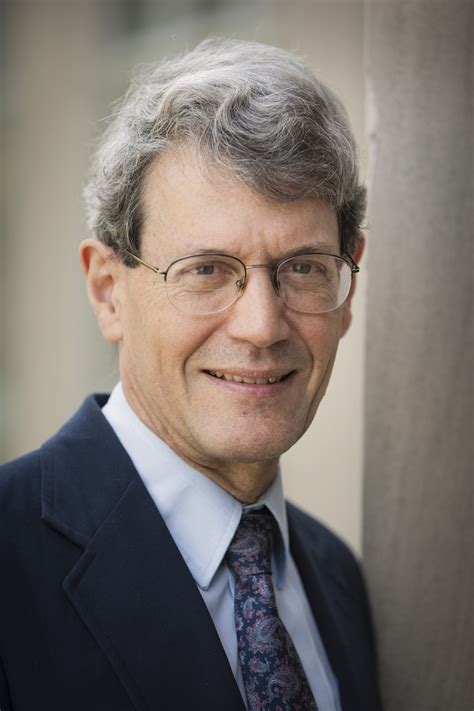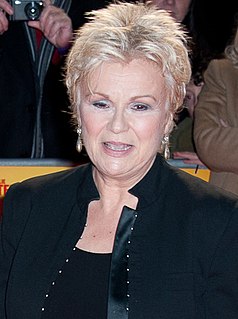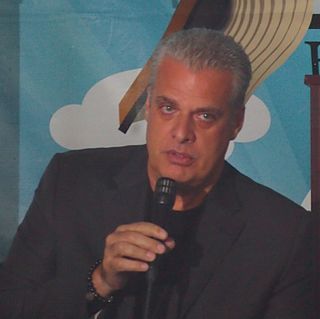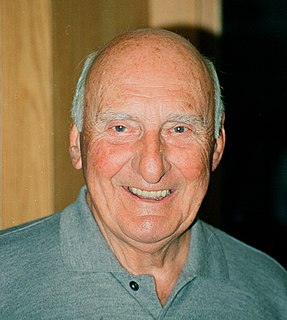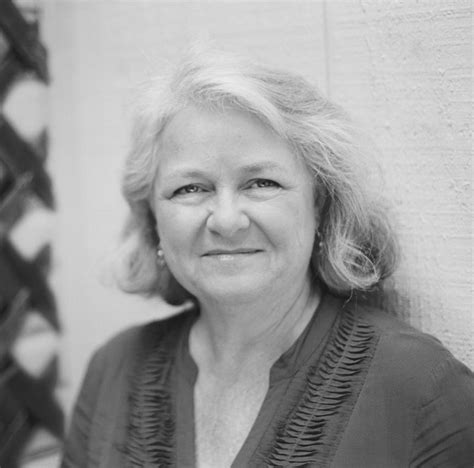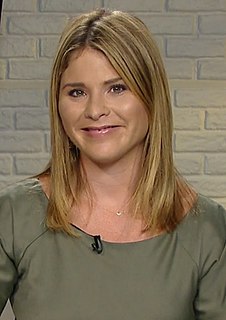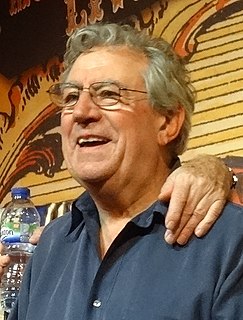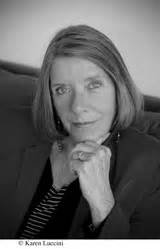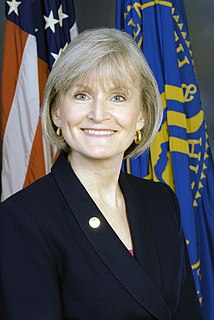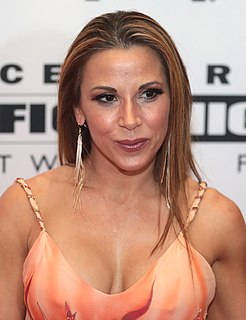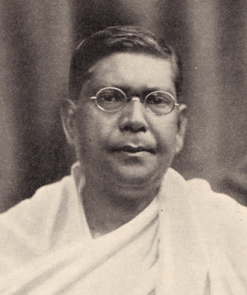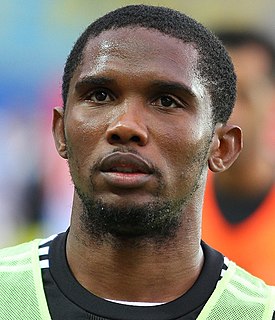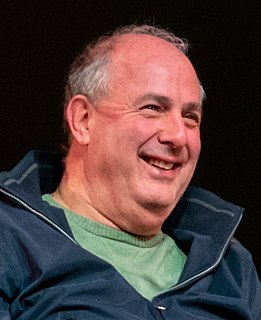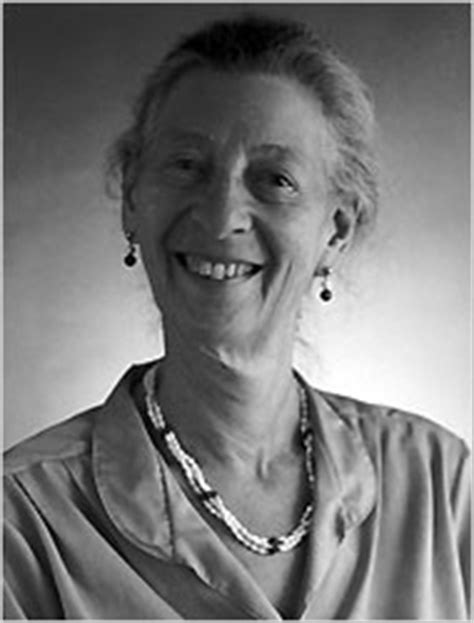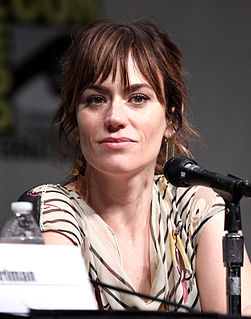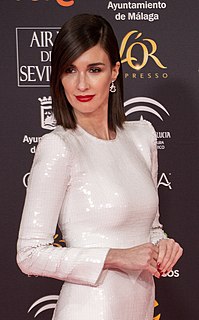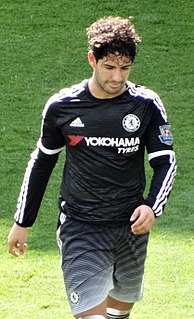Top 1200 English Grammar Quotes & Sayings - Page 17
Explore popular English Grammar quotes.
Last updated on December 18, 2024.
I learn immediately from any speaker how much he has already lived, through the poverty or the splendor of his speech. Life lies behind us as the quarry from whence we get tiles and copestones for the masonry of today. This is the way to learn grammar. Colleges and books only copy the language which the field and the work-yard made.
Christ is Lord of all. This truth implies that he is lord of language, lord of grammar, lord of history, and lord or interpretive principles. We cannot just take things over unchanged from the world around us. We should be thinking through and living through the implications of Christ's lordship in every sphere of life.
Nature is a language and every new fact one learns is a new word; but it is not a language taken to pieces and dead in the dictionary, but the language put together into a most significant and universal sense. I wish to learn this language - not that I may know a new grammar, but that I may read the great book which is written in that tongue.
Let your letter be written as accurately as you are able,--I mean with regard to language, grammar, and stops; for as to the matter of it the less trouble you give yourself the better it will be. Letters should be easy and natural, and convey to the persons to whom we send them just what we should say to the persons if we were with them.
I want to be able to speak with errors in my wording, errors in my grammar. When you type things into Google search, it corrects your words. With speech, I want it to be general enough, smart enough, to know 'No, he couldn't have meant these words that I think he said. He must have really meant something similar.'
We receive experience from nature in a series of messages. From these messages we extract a content of information: that is, we decode the messages in some way. And from this code of information we then make a basic vocabulary of concepts and a basic grammar of laws, which jointly describe the inner organization that nature translates into the happenings and the appearances we meet.
I loved Latin -- the grammar, the difficult tenses, the history -- but for some reason I was very bad at it, shamefully and blushingly bad at it. ... In moments of stress the embarrassment of how bad I was at Latin -- a subject I loved -- really hit me. It was like being laughed at by someone you desperately loved.
One of the things I like about my job is that it draws on the entire person: not just your knowledge of grammar and punctuation and usage and foreign languages and literature but also your experience of travel, gardening, shipping, singing, plumbing, Catholicism, midwesternism, mozzarella, the A train, New Jersey. And in turn it feeds you more experience.
When I was quite young I fondly imagined that all foreign languages were codes for English. I thought that "hat," say, was the real and actual name of the thing, but that people in other countries, who obstinately persisted in speaking the code of their forefathers, might use the word "ibu," say, to designate not merely the concept hat, but the English word "hat." I knew only one foreign word, "oui," and since it had three letters as did the word for which it was a code, it seemed, touchingly enough, to confirm my theory.
As a former high school teacher and a student in a class of 60 urchins at St. Brigid's grammar school, I know that education is all about discipline and motivation. Disadvantaged students need extra attention, a stable school environment, and enough teacher creativity to stimulate their imaginations. Those things are not expensive.
I laughed. “You’re too young to be so … pessimistic,” I said, using the English word. “Pessi-what?” “Pessimistic. It means looking only at the dark side of things.” “Pessimistic … pessimistic …” She repeated the English to herself over and over, and then she looked up at me with a fierce glare. “I’m only sixteen,” she said, “and I don’t know much about the world, but I do know one thing for sure. If I’m pessimistic, then the adults in this world who are not pessimistic are a bunch of idiots.
People say that the brain is a muscle and that one of the best exercises for any brain is learning another language and to switch from one to another as much as you can. I've found out that when I have trouble regarding any character or any particular scene in English, sometimes I'll switch to Spanish and I'll solve the problem that I've encountered. If I'm working in Spanish and I don't know how to approach certain scenes or certain emotions, or how to say this and that, I just switch to English to try to solve it that way and it works.
Good girls like myself need subversion. Being solemn, I aspire to comedy. Being a novelist, I aspire to the musical. Being organized, I aspire to luminous chaos. Loving the power of grammar and the fine distinctions of language, I seek the part of the mind I didn't know was there, the part 'sheer,' 'no-manfathomed,' 'cliffs of fall.
I am, as far as I can tell, about a month behind Lord Byron. In every town we stop at we discover innkeepers, postillions, officials, burghers, potboys, and all kinds and sorts of ladies whose brains still seem somewhat deranged from their brief exposure to his lordship. And though my companions are careful to tell people that I am that dreadful being, an English magician, I am clearly nothing in comparison to an English poet and everywhere I go I enjoy the reputation- quite new to me, I assure you- of the quiet, good Englishman, who makes no noise and is no trouble to any one.
In the days of Ram Mohan Roy when English education was introduced in this country, the Mahomedans did not accept it... They did not accept English education and at the same time they were divorced from the culture which their fathers had advanced. The result was that whereas the Hindus got on in life, got into government employment, got many things which people value in life, the Mahomedans were left without it and gradually there came to be a sort of estrangement between the two nationalities at the time of the Swadeshi movement.
A French observer is surprised to hear how often an English or an American lawyer quotes the opinions of others, and how little he alludes to his own; ... This abnegation of his own opinion, and this implicit deference to the opinion of his forefathers, which are common to the English and American lawyer, this servitude of thought which he is obliged to profess, necessarily give him more timid habits and more conservative inclinations in England and America than in France.
The question of "unreality"is a very important one. Misled by grammar, the great majority of those logicians who have dealt with this question have dealt with it on mistaken lines. They have regarded grammatical form as a surer guide in analysis than, in fact, it is. And they have not known what differences in grammatical form are important.
The whole thing is this: If you don't use just basic grammar, if you don't get the language down, you're not going to have access to a tool that people use as a weapon against you. The only reason I was never taught to read and write was because it was easier for them to lead me. But the second I learned to read and write, I began to lead myself.
Just as the grammarian makes one study grammar,
A Buddha teaches according to the tolerance of his students;
Some he urges to refrain from sins, others to do good,
Some to rely on dualism, other on non-dualism;
And to some he teaches the profound,
The terrifying, the practice of enlightenment,
Whose essence is emptiness that is compassion
The thing that's depressing is teaching graduate students today and discovering that they don't know simple elemental facts of grammar. They really do not know how to scan a line; they've never been taught to scan a line. Many of them don't know the difference between 'lie' and 'lay,' let alone 'its' and 'it's.' And they're in graduate school!
There is a parallel between the twos and the tens. Tens are trying to test their abilities again, sizing up and experimenting to discover how to fit in. They don't mean everything they do and say. They are just testing. . . . Take a good deal of your daughter's behavior with a grain of salt. Try to handle the really outrageous as matter-of-factly as you would a mistake in grammar or spelling.
I suppose there is no place in the world where snobbery is quite so ever-present or where it is cultivated in such refined and subtle forms as in an English public school. Here at least one cannot say that English ‘education’ fails to do its job. You forget your Latin and Greek within a few months of leaving school — I studied Greek for eight or ten years, and now, at thirty-three, I cannot even repeat the Greek alphabet — but your snobbishness, unless you persistently root it out like the bindweed it is, sticks by you till your grave.
There's something paralyzing about being a writer that you have to escape. I don't want to think of myself as a guy who's written a bunch of books. The 26 letters distance us from our own hesitations and they make us sound as if we know what we're doing. We know grammar, we know prose, but actually we're all just struggling in the dark, really.

